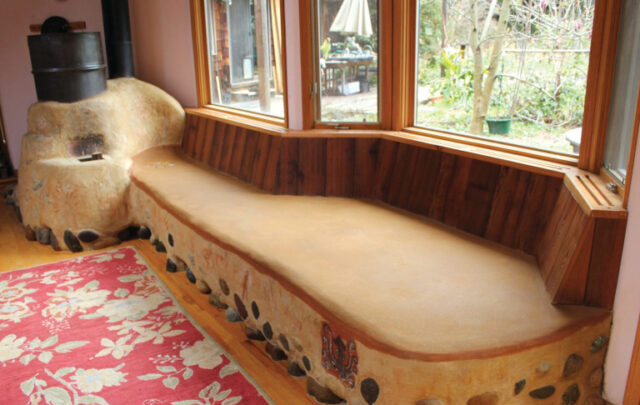Rural area depopulation is in part due to lack of surrounding natural beauty
Kalpa, big picture agriculture
The subject of depopulation of our farming and rural areas of the U.S. was featured by the USDA’s Amber Waves this month. Though the report covered a number of factors, I would just like to point out what has bothered me forever but is seldom talked about.
The point is that for a younger dynamic population to choose an area in which to live, many value outdoors activities and surrounding beauty. Finally, here is a report which covered that factor in its study.
What I saw in my recent drive through Kansas and Nebraska looked like a desert of corn, a vast wasteland as compared to what Lewis and Clark would have seen and would no doubt, if they could see it today, call “paradise lost”. Not only that, the trend is visibly palpable to me that the fields are getting bigger, the farm places fewer, and the field edges more sterile…
(20 November 2010)
The article Kalpa is referencing from Amber Waves is here. -KS
Climate change scepticism is about more than just science
Adam Corner, The Guardian Environment blog
A coalition of leading US climate scientists this week launched a new rapid response website aimed at closing the gap between scientific knowledge and public opinion on climate change. For those who have become exasperated rebutting the endless stream of disinformation that frustratingly still characterises the climate change debate, it seems like an idea that is long overdue.
Fronted by the embattled Prof John Abraham, the website will provide direct access to climate science expertise through a network of scientists. But the premise underlying the initiative – that climate change scepticism will be reduced through a clearer presentation of the facts – is problematic. Why? Because climate change scepticism is only superficially about science.
The basic question of human impact on the climate is no longer seriously debated in the scientific literature. Science being science, there will always be uncertainties. But if the credibility of a scientific conclusion can be judged from the weight of evidence that supports it, then climate change is a fact. The problem is that seemingly objective facts are surprisingly malleable – especially when they are perceived to have implications for policy or behaviour.
Several decades of social psychological research have shown that on any number of topics – from capital punishment, to gun control, to nanotechnologies – people squeeze new evidence through powerful social and cultural filters. Pouring facts into this filter system does not necessarily produce consensus – and it can even cause attitudes to polarise…
(23 November 2010)
I Believe: ‘For us to survive and thrive in a new century, we must peaceably dismantle the United States of Empire’
Rob Williams, Burlington Free Press
Here’s a question I hear asked more and more by friends and neighbors in the Green Mountains of Vermont: How might we in Vermont create a more sustainable world for ourselves, and for our children, and for our children’s children, in a 21st century Age of Limits?
Let me answer by starting with first principles: I believe the United States is no longer a functioning republic, but a dysfunctional empire.
An “empire,” you ask? What is this — “Star Wars?”
Indeed, the United States is an “empire” comprised of more than 700 military bases networked together in more than 130 countries around the world, an “empire” that spends more on annual “defense” — $1 trillion (not including special war-spending earmarks) — than the next dozen countries combined, according to Chalmers Johnson’s book “The Sorrows of Empire.”
The “United States of Empire” makes possible an unsustainable and inequitable global paradigm: 8 percent of the global population — us, the people of the United States — are consuming 25 percent of the world’s resources.
And we, all of us on planet Earth, are living at a historical moment when the twin sisters of peak oil and climate change are ushering in a 21st century world of energy scarcity that will look quite different than the 20th century world of energy abundance.
I believe that for us to survive and thrive in a new century, we must peaceably dismantle the United States of Empire, and create a new political and economic paradigm…
(21 November 2010)





